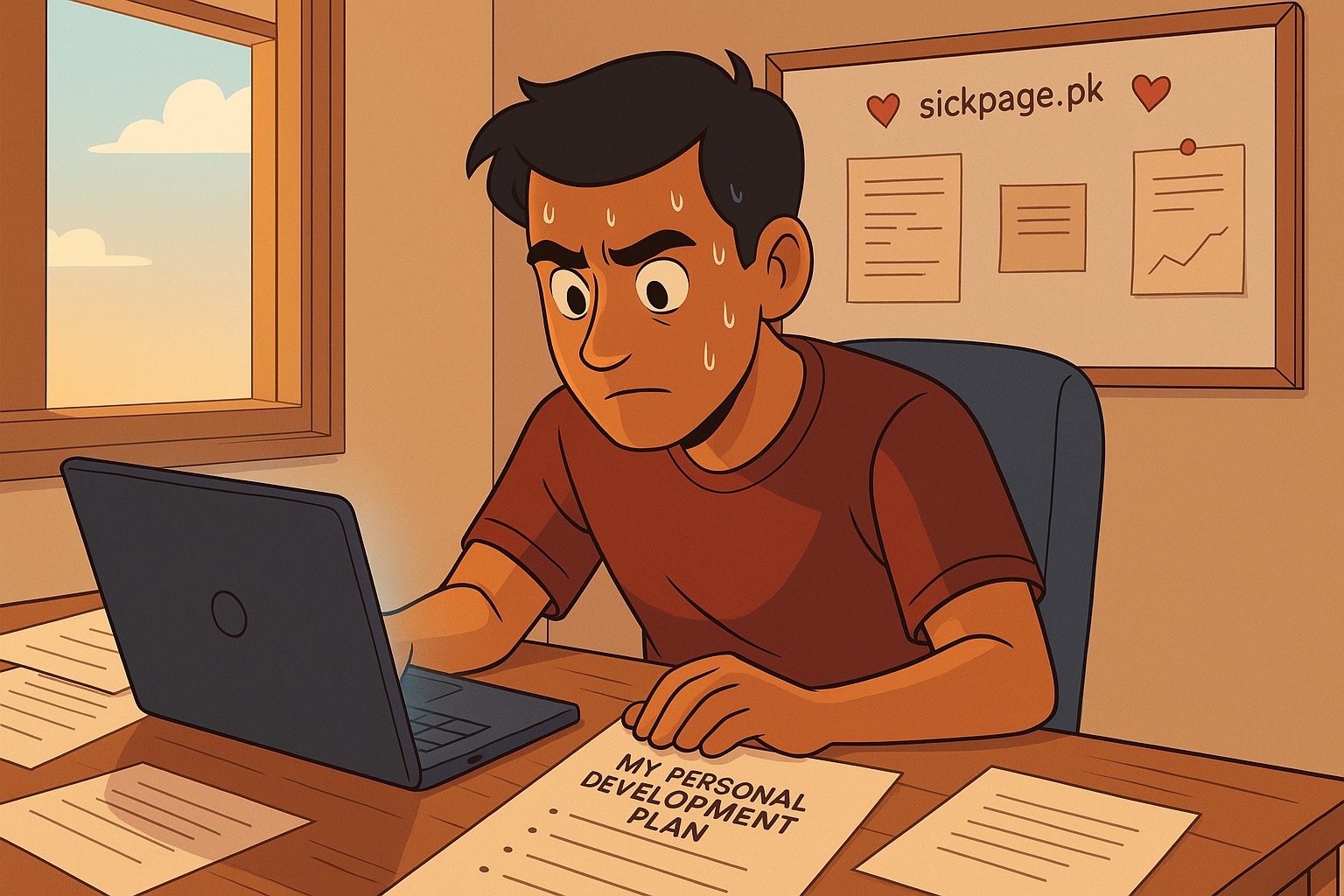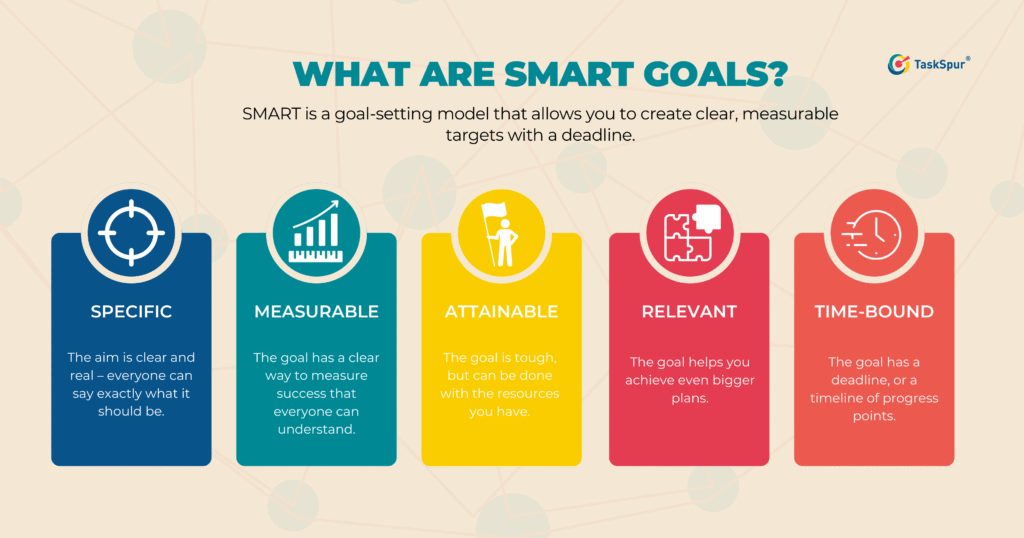Physical Address
304 North Cardinal St.
Dorchester Center, MA 02124
Physical Address
304 North Cardinal St.
Dorchester Center, MA 02124

When I initially sat down to write a personal development plan, I was energized. I had notebooks propped open, coffee cup in front of me, and a copious list of things I wanted to accomplish. I aspired to be a new and improved version of myself — more concentrated, more productive, more self-assured. But what I did not yet understand at that point was how convoluted and intimate this path would prove to be.
I thought writing down my dreams would be enough to manifest them into reality. Spoiler alert: it wasn’t. What started as an exciting project quickly turned into confusion, second-guessing, and a lot of self-reflection. Through trial, error, and a few emotional breakdowns (yes, seriously), I’ve learned a lot about what really makes a personal development plan effective — and what doesn’t. These classes didn’t only make the plan better; they made me better.
They taught me to accept self-improvement as a way of life, rather than a single project. If you ever got stuck, disheartened, or frustrated with your path of personal development, I hope you can learn from my experience and avoid the same pitfalls so you can start constructing something great. So, have a cup of coffee (or tea, if that’s your thing), and let me take you through the actual, uncut, and fulfilling process of how to make a personal development plan that’s effective.
Initially, I was looking for fast results. I was impatient. I thought that if I simply made a list of all the things in life I wanted to change, I’d somehow be instantly a better person. I leapt right into writing down things like “wake up early,” “read more books,” and “get in shape,” without even asking myself why these things were important to me. I wasn’t considering what type of life I wanted to lead or what my core values were. I wasn’t considering what I actually cared most about or what strengths I already possessed that I could capitalize on.
I was going through personal growth as if it were a checklist, not a shift. It wasn’t until I was burned out and kept making the same list repeatedly that I knew something was amiss. That something was self-awareness. Spending time examining who I actually was — my habits, fears, desires, and strengths — was the start of my development plan. I began to journal daily, asking myself more introspective questions such as “What am I avoiding? ” or “What fills me up with energy? ” or “What would I do if I weren’t scared? ” This exercise made all the difference.

It helped me recognize patterns in my own behavior, realize what drove me, and made my own goals feel personal rather than imposed. That’s when I knew: personal growth begins with personal understanding. Without it, every “development plan” is a pretty document that doesn’t get implemented.
After I began to get to know self improvement, I felt that I was ready to destroy my goals. I put down such things as “be confident,” “improve public speaking,” and “make more money.” Sounds motivational, correct? But soon enough, I came to the realization that I couldn’t quite see whether I was improving or not. What does “be more confident” even look like on a daily basis? How would I even know if I was getting better? These goals were too vague to measure, and because of this, they didn’t even feel real.
That’s when I discovered SMART goals — goals that are Specific, Measurable, Achievable, Relevant, and Time-bound. I reworded my goals into more actionable and measurable statements. Rather than “improve at public speaking,” I wrote, “Go to 1 Toastmasters meeting every week for 3 months.” Rather than “earn more money,” I wrote, “Get 3 freelance clients within the next 60 days by approaching 5 businesses per week.” These alternatives provided me with guidance. They informed me precisely what I had to do and when.

Most importantly, they kept me motivated because I could actually measure my progress.
Tracking your progress isn’t just useful — it’s necessary. It holds you accountable and provides you with those little shots of dopamine that tell you, “Hey, I’m actually doing it.”
I can look back now and chuckle at how high my hopes were. My initial individual development plan contained more than 20 goals. I wanted to wake up at 5 a.m. and meditate, write in my journal, exercise, read, build a business, learn how to code, eat well, and oh, retain a social life. Each aspect of my life needed something changed, and I believed I could accomplish everything all at once. Guess how that worked out? Complete chaos.
After a week, I was drained and disillusioned. I wasn’t doing anything well because I was attempting everything so perfectly. That’s when I understood the need for prioritization. I began asking myself, “What is one area of my life that, when changed, will have a ripple effect on everything else?” For me, it was my health. After I set my mind on that, my energy increased, my concentration improved, and I had the inspiration to tackle other goals. It is tempting to want to change your entire life all at once, but genuine development occurs in layers.
Get clarity on one thing. Master it. And then proceed to the next. That is how you form a solid foundation — brick by brick.
This was most likely my biggest obstacle. I had sparkly, motivating goals on paper, yet I didn’t break down the steps to getting them done. I’d read something like “Create a podcast” and be overwhelmed right away. Where do I even start? Do I need gear? Do I need a script? Should I learn beforehand? Because I hadn’t broken the goal down into bite-sized, doable action steps, I would overthink all of it and ultimately quit. That’s when I found the magic of micro-tasks.

I started breaking each giant goal down into a series of baby steps. For instance, “Start a podcast” turned into:
It was broken down this way that I gained clarity. I no longer had to worry about the whole mountain — just take the next step. Action steps are stepping stones across the river.
Without action steps, your goals lie on the other side, out of reach. But with them, you’re making progress — one step, one task, one small win at a time. That’s how self-improvement actually works, not in leaps and bounds, but in small, deliberate steps.
Initially, I thought that personal growth involved pursuing big things and making sweeping breakthroughs. I assumed that when I accomplished a milestone, I’d be happy at last. But after accomplishing a couple of those goals, something unexpected occurred — the thrill wore off in an instant, and I fell into familiar habits. That’s when I had a light bulb moment: goals can provide direction, but habits form your identity. A goal is a finish line, but a habit is a system that gets you moving forward each and every day.
Let me give you an example: I had a goal to read 20 books in a year, but I kept procrastinating. I decided instead to build a habit of reading only 10 pages at night before sleep. It was small, almost too simple — but it worked. Within a few months, not only did I reach my target, but I exceeded it.
More significantly, I began to identify with being a reader. The same happened with fitness. Rather than concentrating on losing 10kg, I concentrated on the habit of turning up to the gym three times a week regardless. That shift in identity — from that person who was pursuing goals to this person who is living in alignment with daily habits — made personal growth sustainable for me.
Habits won’t be glamorous or sexy, but they’re the quiet builders of who we become.
If you desire to change your life, obsess less about the destination and more about the day-to-day steps. Because success doesn’t emerge from sporadic efforts. It is born of consistency — the subtle strength of being there, day after day, even when nobody’s noticing.
For a while, I viewed personal growth as an individual effort. I thought, “It’s called personal for a reason, right? ” I thought I needed to do it all alone — from defining goals to motivation. But as time went on, that mentality became isolating. When I was having a tough time, I didn’t speak up. When I wasn’t meeting my goals, I felt embarrassed and did not say anything. I didn’t want to be judged, so I remained silent. But that silence only exacerbated the situation.
Eventually, I came to realize something profound: asking for help is not weakness — it’s wisdom. So I spoke out. I informed a close friend of my intentions and requested whether it was possible for us to check in weekly. I contacted a little group online where others were also in the process of creating their personal development plans. I subscribed to mentors on YouTube, listened to podcasts, and even got a few coaching sessions. The encouragement made all the difference. When I got stuck, I had individuals I could go to.

When I succeeded, I had someone to share it with. And when I was about to quit, I had people who encouraged me to continue. Accountability provided my goals with direction. The community provided them with vitality. Don’t let pride or fear isolate you. Growth flourishes in connection. Whether it’s a mentor, a friend, or an online community, let people in. Let them support you when you can’t manage on your own. Because all of us aren’t supposed to grow in a vacuum.
This one can sound easy, but it revolutionized the way I feel about progress. For years, I had a poisonous tendency to move the goalpost. Whenever I reached a goal, instead of being proud, I would instantly hop to the next goal. It was always, “What’s next?” Never did I pause to enjoy how far I had gone. I found celebrating little wins to be self-indulgent or unnecessary. But actually, it was the missing component of my motivation.
When I finally began to notice even the smallest victories, such as making it through a week of journaling or doing three consecutive days on my workout plan, I started to feel more motivated. I documented those victories. I rewarded myself with something. I said, “I’m proud of you,” aloud, even though it sounded ridiculous. And what happened? That carried me forward. I began linking self improvement to happiness, rather than discipline. Acknowledging progress makes the process workable.

It maintains your morale. It reminds you that development isn’t merely about the destination — it’s about emerging as a stronger, more intelligent, more confident person in the process. So now, I stop. I think. I praise myself, not for being finished, but for the work. And that in itself is something to celebrate.
Creating a personal development plan isn’t a one-and-done task you mark off your to-do list. It’s a living, breathing record of your progress — and like any living creature, it requires care, attention, and adaptability. I’ve discovered that you don’t have to get it right the first time. You’ll mess up. You’ll stall. You’ll rewrite your goals a dozen times. But every try, every stumble, every tiny victory — it all adds up. These seven lessons have completely changed how I work on self improvement. I now understand the value of reflection, clarity, focus, action, consistency, support, and celebration.
If you’re making your own personal growth plan, take your time.
Be honest with yourself.
Begin small, and keep coming back.
Because this process isn’t about becoming someone else. It’s not just about changing a few things, it’s about becoming more of who you really are.
And that you — the one who reflects, grows, learns, and becomes — is worth every drop of sweat.
Q1: What exactly is a personal development plan?
Personal Development Plan is a systematic guide that assists you in defining, monitoring, and reaching goals in all aspects of your life — professional, health, relationships, attitude, and competencies.
Q2: Where do I begin a personal development plan if I’m lost?
Begin with self-examination. What is most important to you? What parts of your life require work? What do you need to become? Then begin small — one goal, one habit.
Q3: How frequently should I revise my development plan?
Ideally, review it every month and reflect more in-depth every quarter. Life moves forward, and your plan needs to as well.
Q4: What if I don’t meet my goals?
Failure is part of the process. Reflect on what went wrong, adjust your action steps, and try again. Consistency matters more than perfection.
Q5: Is it okay to change my goals midway?
Absolutely. Growth is about discovery. If something no longer aligns with your vision or values, pivot. This is your journey.
Share your details, and we will get back to you shortly!
This will close in 0 seconds
Share your details, and we will get back to you shortly!
This will close in 0 seconds